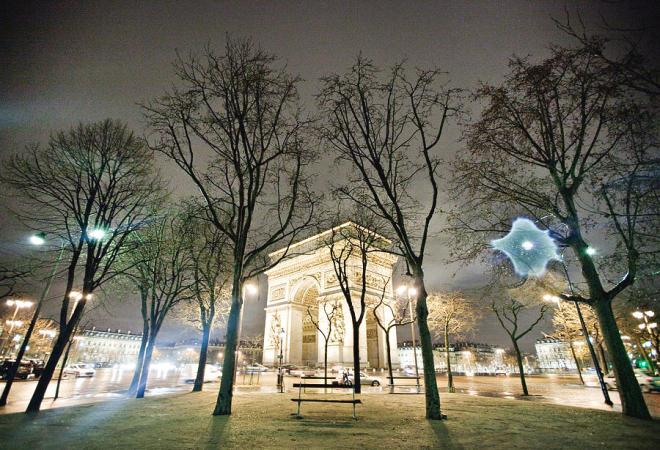
Angus MacGyver thought when he retired from the secret service, he’d put his days of danger behind him. But MacGyver was forever getting caught in life and death situations. Fortunately, MacGyver had a preternatural knack for improvising his way out of them. Since Richard Dean Anderson played MacGyver in the eponymous TV series (originally screening on ABC television between 1985 and 1992), MacGyver has become synonymous with seat-of-you-pants, DIY innovation. In each episode of the show, MacGyver gets caught in at least one life threatening situation, only to escape it, Houdini-like, by applying his knowledge and cobbling together an improbable solution using whatever happens to be lying around.
MacGyver’s indefatigable knowledge and resourcefulness became a running gag on the show. As the episodes rolled by, MacGyver revealed extraordinary insights into medicine, engineering, chemistry, physics, and a host of other disciplines beyond the ken of your average secret agent. The show’s writers would drop MacGyver into increasingly desperate situations only to have him invent ever more outlandish ways to escape them. MacGyver treated every situation with his trademark cool. While other people panicked and despaired, MacGyver would cobble together a parachute, a rocket launcher, some plastic explosive, or a jerry-rigged jet ski that would enable him to avert the crisis and save the day.
Most of the time, it was ludicrous. Still, audiences loved it. Such was the success of the show that one still hears talk of people ‘MacGyvering’ their way out difficult situations today.
Thirty years on, MacGyver is more a cultural icon than ever before. The recent announcement of a movie reboot of the show is not surprising. MacGyver personifies the agile, entrepreneurial, innovative ideal of contemporary startup culture. He represents the hacker genius we’d all like to be – the nimble, resourceful, visionary individual who is always changing and inventing things, never standing still. MacGyver is a hero for our times.
MacGyver is a hero for readers of this book – or should be, at least. Consider the attitude MacGyver displays towards change. MacGyver is never stumped by a situation. He confronts each new challenge head on and reveals it as an opportunity to apply his knowledge and skills. MacGyver doesn’t worry about what is out of his hands. He is too Stoic for that. He focuses on his resources and what he can do with them. Drawing on his full range of powers, and applying them in creative ways, MacGyver transforms crises into moments of glory. He flourishes in contexts of change. Calamitous situations bring out the best in him. Given the regularity with which MacGyver finds himself in peril, one can only assume he pursues these situations to put himself to the test.
Life Changing is a handbook for philosophical MacGyvers. Obviously, the point of this book is not to teach you how to devise unlikely gadgets to escape life or death situations. The aim is to show you how to cultivate the essential skills needed to transform the experience of change, and turning it around, to make it an adventure. With resilience, agility and vision, it is possible to ‘MacGyver’ change by revealing new opportunities in unexpected situations.
Next time you find yourself in a difficult situation without any idea how to proceed, ask: ‘What would MacGyver do?’ MacGyver would get a grip on himself, tap into his powers, and project a solution that transformed everything. MacGyver would rethink the situation and turn the moment of change into a life-changing moment of vision. [Read more…]










